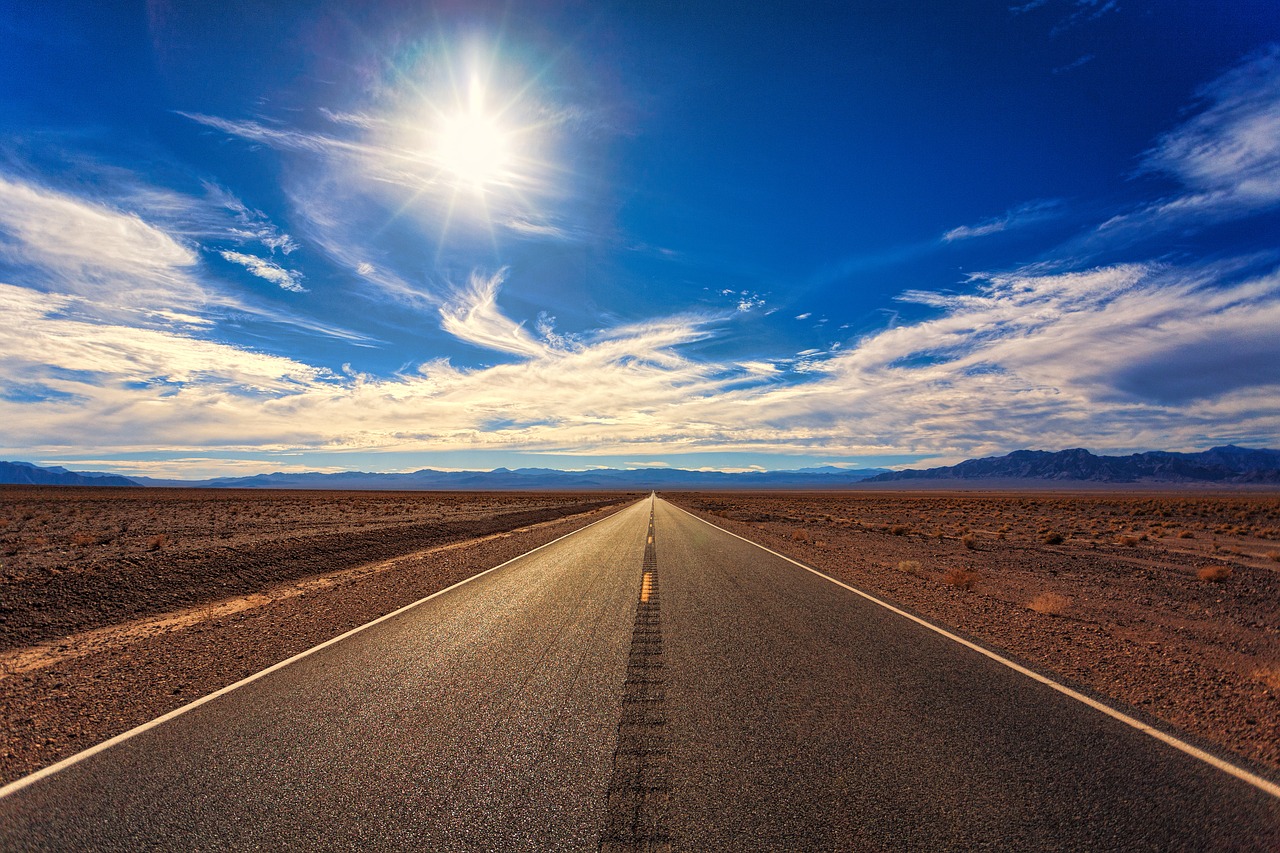By Frank Andorka, Senior Correspondent
What Happened:A recent study by an outfit called Priceonomics reports that Republicans in California have installed more solar than Democrats.

SolarWakeup’s View: When you’re deciding what conclusions you can draw from any given set of data, one of the first questions you should ask yourself is: “Is this data generalizable?” If not, it may not invalidate the study – but you should be hesitant about making any grand claims about it, either.
Such is the case with a study touted by Priceomomics, which reaches the conclusion that despite what you might think, Republicans install more solar than Democrats. OMG if true, right (not really, but you’ve already gone this far on the journey with me, so let’s keep going)?
Well, the truth, as it often is, is far more complex and complicated than the study would have you believe. While the data is interesting, here are some cautions:
And then there’s this:
Our analysis shows that households’ decision to go solar is not driven by political affiliation. Instead, people who live in areas that are sunny, dry, and less dense tend to install solar panels at higher rates. And in California, the country’s top state for solar, that means you’re more likely to see solar panels in Republican bastions than Democratic strongholds.
One out of one authors of this piece say go ahead and read the study, but don’t leave your skepticism at its mother’s house, especially if you’re trying to spot national solar trends.
More:



